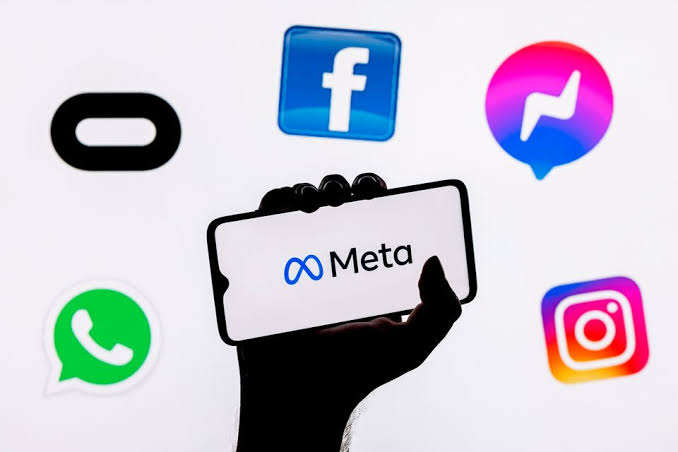Facebook announced on January 11 that it would change its News Feed algorithm to prioritize posts from friends and family over public content. Say goodbye to never-ending sponsored posts from Tasty, CNN, and other brands that have embraced the platform. Time to say hello to more personal posts featuring commenting and sharing from your friends. Sounds like the original version of Facebook, no?
Facebook’s News Feed change pushes hard to create a better user experience for its users by focusing on meaningful interactions between people. This is critical for its business as the tech giant seeks to move back to its core mission of not just connecting people, but connecting people meaningfully. In a year that was rife with Russian interference, public trust issues, and content policing concerns (…and throw in a Senate hearing), Facebook is now focused on reassuring the public by rebuilding its brand and delivering an amazing user experience.
But this leaves media professionals that have increasingly leveraged Facebook for content distribution and monetization in a pickle. Publishers in particular are seriously worried. But should they be?
Facebook’s user base is formidable. With ~2B worldwide monthly active users, Facebook is a critical tool for publishers who seek to grow their audience. Through the social media giant, publishers found an easy platform with incomparable traffic by which to distribute content. Facebook made it easy by cultivating publisher relationships in an effort to make Facebook a destination for more than just wall posts and photos of your friends babies.
However, for Facebook, this strategy has turned the platform into a destination where users passively scroll. Time spent on the platform has lost its luster as a key metric for Facebook, says Mark Zuckerberg. Even as Daily Active Users increase quarter over quarter with an average growth rate of 4.5% over the past two years. “I expect the time people spend on Facebook and some measures of engagement will go down. But I also expect the time you do spend on Facebook will be more valuable.” Active use of the platform, where user behavior is deeply social and emotional in nature, is far more valuable to Facebook, whose survival depends on an active, engaged user base. This new value equation has created a more relevant time-based metric for Facebook, with Zuckerberg reporting in Facebook’s 2017 Q3 earnings call that “time spent is not a goal by itself here; what we really want to go for is time well spent”.
This quote sounds all too familiar to a strategic discussion at YouTube in 2012 to focus on watch time instead of views. YouTube had been focused on growing viewership and the video platform’s publisher monetization was specifically tied to views. More views equals more ads. More ads equals more money. However, YouTube realized that bad views were not good for the platform in the long term and were creating a new form of publisher whose sole goal was to create view, no drive meaningful time on the platform. Time spent engaged with better quality content would be more valuable. In the short term, some publishers would lose money and others would be put out of business. The thumbnails and titles that encouraged clicks and views would go away. Overtime, the good content that kept people engaged meaningfully would win.
For publishers, passive scrolling through sponsored content was a blessing. Facebook enabled more eyeballs to discover their content in a world where competition for user attention is fierce. Publishers began to rely on social media channels like Facebook for increased traffic, which worked when public content was easily discoverable and prioritized on the News Feed. Now however, publishers cannot proceed with the same content distribution and monetization strategy, expecting the same outcomes.
We’ve seen before how Facebook can greatly impact a the business outcome for a publisher and how necessary it is to adapt one’s growth strategy accordingly.
READ MORE>> On TechCrunch.com




